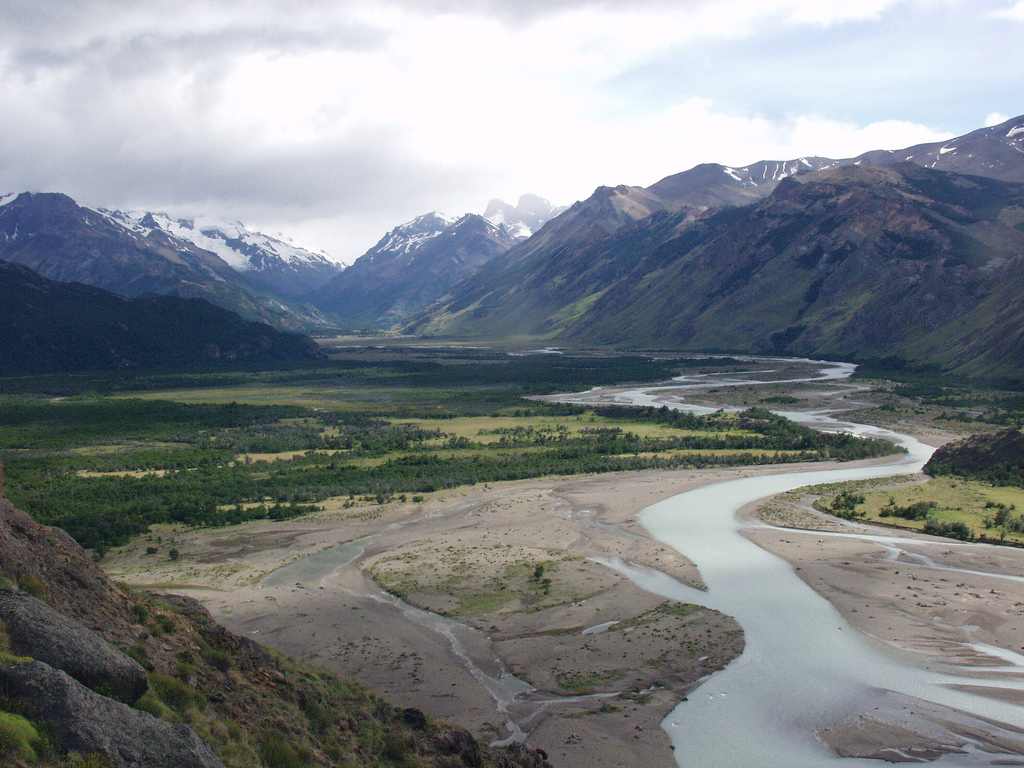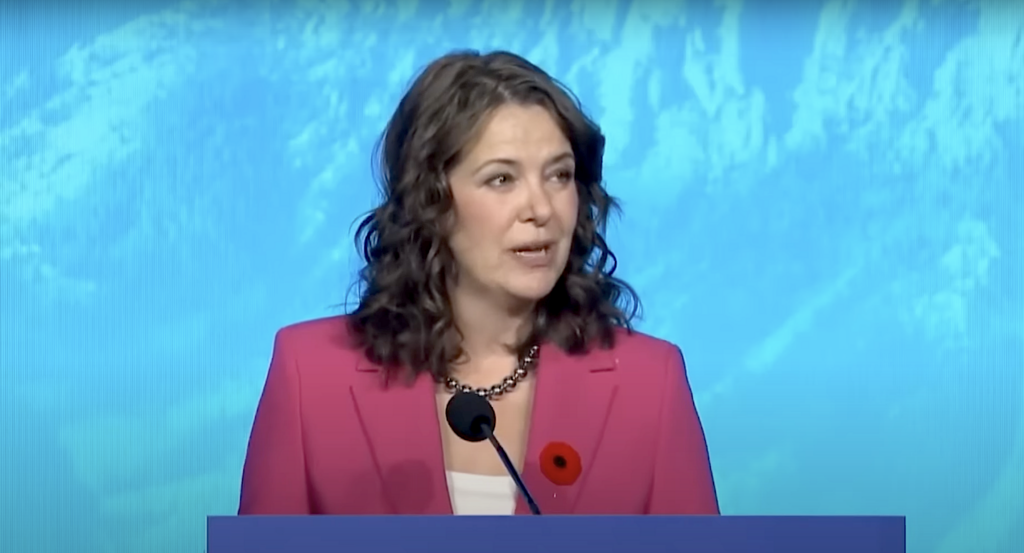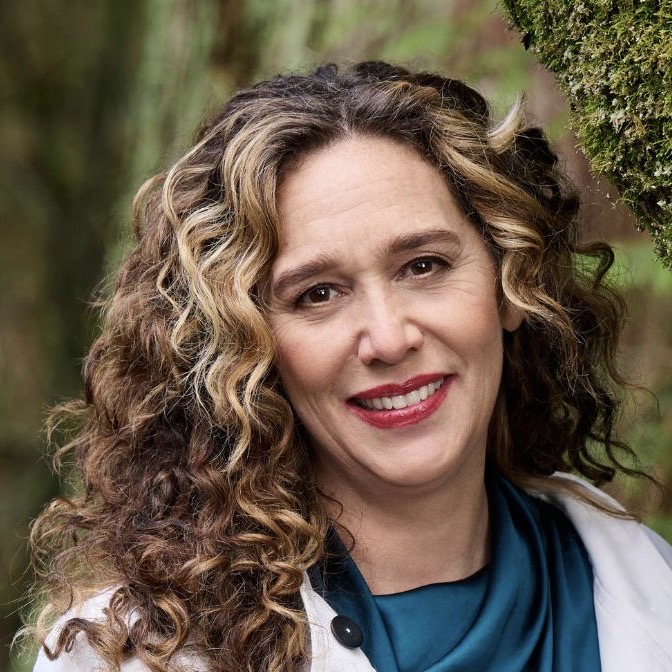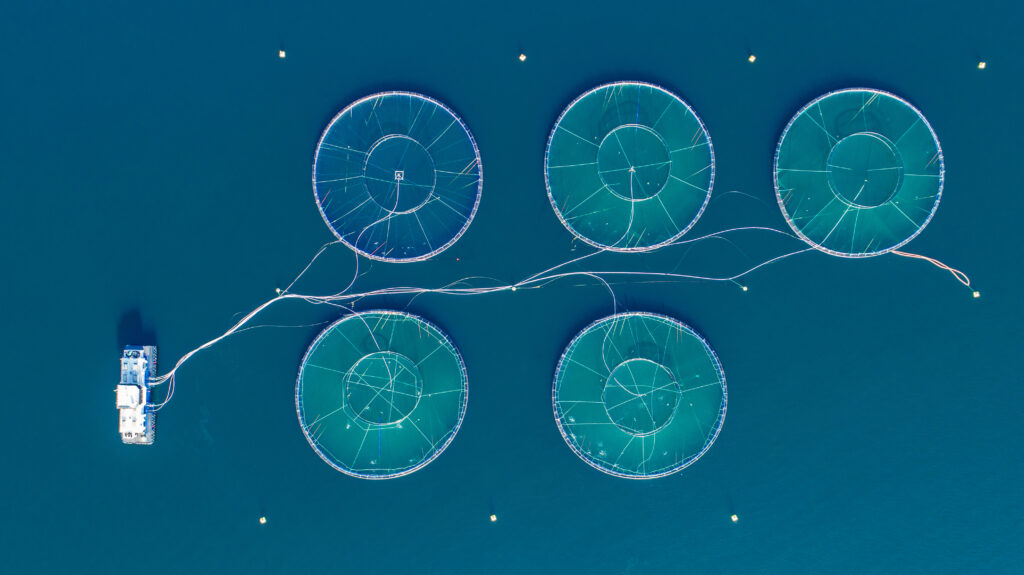BP has been accused of hypocrisy after new research reveals its Argentinian arm plans to drill and frack 37 wells in Patagonia’s “carbon bomb” province.
This is despite BP previously ruling out fracking in the UK because it would “attract the wrong kind of attention”.
Research by oil watchdog group Platform in London and Argentinian-based NGO Observatorio Petrolero Sur (OPSur) sheds light on the scale of BP-controlled Pan American Energy’s (PAE) activities in Argentina.
A report published on Thursday, December 7, highlights the role of BP in “attempting to break open one of the most important and most dangerous fossil fuel frontiers in the world”.
Argentina has the world’s second biggest reserve of shale gas after China, according to the US Energy Information Administration with resources concentrated in the highlands of Vaca Muerta, described in the report as a “carbon bomb”.
Vaca Muerta is a shale gas and oil formation the size of Belgium and is seen by the Argentinian government as essential for the country to become self-sufficient in energy with President Mauricio Macri keen to attract investors to develop the field.
According to the research, PAE has already started to frack some of the 37 wells earmarked for exploitation this year with the remaining wells expected to be fracked imminently. Another 48 wells are also planned for the next three years in blocks where PAE operates or participates in drilling.
The report called “BP’s fracking secrets: Pan-American Energy and Argentina’s shale mega-project” maps out BP’s fracking effort in Patagonia using official PAE documents and local press coverage. The news of BP’s Argentinian fracking project comes after the company’s CEO Bob Dudley ruled out getting involved in fracking in the UK explaining he feared it would “attract the wrong kind of attention” and be the target of protests. Dudley made the comments in 2014 as the company struggled to repair its tarnished reputation following the devastating Deepwater Horizon spill in the Gulf of Mexico.
Speaking to DeSmog UK, Anna Markova, from Platform London and the author of the report, denounced BP’s “irresponsible behaviour” and its business model which she said relies on operating in “ever more dangerous oil and gas reserves” for profit.
“BP’s rolling out a major, dangerous fracking operation in a new frontier, while pretending in the UK that fracking isn’t part of its business. This is a UK headquartered company and many people’s pension funds are heavily invested in BP,” she said.
Markova added: “BP is operating as part of a much larger mega-project by the Argentinian government for a whole shale gas province to be created with new roads, railways, sand mines. All of this infrastructure is about to lock the country into decades of an extractive model of development.”
BP did not respond to a request for comment for this story.
Towns with Fracking Bans
The research shows that most the of the wells in Patagonia earmarked for fracking by PAE require much more complex operations than the standard practice in the US.
The wells are estimated to require between 60 and 80 stages to fracture the rock, with some estimated to need more than 100 stages. US shale wells usually require between 16 and 40 fracking stages.
Markova added that the wells in Patagonia have to be drilled up to two kilometres under the ground, which she said was “at the top end of what is technically available”.
The project is also anticipated to have a significant impact on local communities. According to the report over fifty local municipalities in Argentina and the entire province of Entre Ríos have enacted local fracking bans, including the southwestern town of Vista Alegre, which overlaps with PAE’s flagship block Lindero Atravesado.
Wells are also planned in the vicinity of a lake which provides drinking water to the provincial capital Neuquén.
The report also notes that although there are no registered indigenous Mapuche communities on the land licenced to PAE, the situation is complicated by the fact that communities have historically been disincentivised from applying for official status and many indigenous communities’ lands have not been officially surveyed. Markova added that it was “likely more communities will come forward to claim their rights to the land”.
Lobbying Scandal
The research into BP’s planned fracking activities in Argentina comes after successful efforts by a UK trade minister to lobby Brazilian authorities on behalf of oil and gas companies were revealed following a Freedom of Information request blunder.
A telegram obtained by Greenpeace’s UnEarthed showed that trade minister Greg Hands successfully lobbied a Brazilian minister after BP, Shell and Premier Oil expressed concerns over taxation and environmental regulation in Brazil.
During his South America tour, Hands also made an official visit to Argentina where he confirmed that the UK government’s export credit agency would offer up to £1bn in support to help UK companies secure business in Argentina.
Markova told DeSmog UK that Hands’ outright in Brazil raised questions over the minister’s activities during the rest of his trip. “If he went to lobby on behalf of oil companies in Brazil, what did he do in Argentina?” she asked.
The Department for International Trade told DeSmog UK:
“The UK’s priority, at home and abroad, is to create conditions for competitive industry, and ensure UK businesses can build relationships with international partners. Minister Hands visited Argentina in March 2017 to promote the UK’s trade agenda and emphasise that South America, and Argentina in particular, is viewed as an area where there is great potential for stronger economic ties.”
Allegation of Bribery
This is not be the first time PAE has been mired in scandal. The report highlights allegations the company paid a $300m bribe to officials in Patagonia to renew a licence to operate Argentina’s biggest oil field Cerro Dragon until 2047 – “likely past the end of the field’s available reserves” and way beyond the normal 10 or 15 years licence span, the report notes.
PAE denies the allegations that are currently being investigated by a federal prosecutor. According to the report, the company’s track record also includes the use of an obscure subsidiary to manage worker unrest and refusal to admit large-scale groundwater contamination.
BP seems keen to distance itself from these allegations. Indeed, despite the fact that the company controls 60 per cent of PAE there is no dedicated page about the company’s Argentinian operations on BP’s website. And the report notes that press coverage in Argentina presents the company as if it was owned by its Argentinian minority shareholders.
Markova told DeSmog UK that although BP was “not hiding” the fact that it owns the Argentinian company, it was “conveniently letting PAE pretend that it is independent”.
In September, BP announced that PAE was due to merge in early 2018 with the downstream company Axion Energy to form the largest privately-owned integrated oil company in Argentina. This will also see BP’s shareholding reduce from 60 to 50 per cent in a joint venture with Bridas Energy Holdings of Argentina and CNOOC Limited of China.
Office Raid and Intimidation
Three days before the report into BP and PAE’s fracking activities in Patagonia was released, NGO OPSur reported it had its offices in Argentina raided with computers and cash stolen.
OPSur denounced a targeted attack and “escalating repression” against civil society in Argentina ahead of a World Trade Organisation meeting in Buenos Aires next week.
In a statement it said: “If it was to intimidate us, we assure you that we will continue working for a social change with energy and environmental justice.”
Photo: Portodaspartes via Flickr | CC2.0. Updated 08/12/2017: A quote from the Department for International Trade was added.
Subscribe to our newsletter
Stay up to date with DeSmog news and alerts







